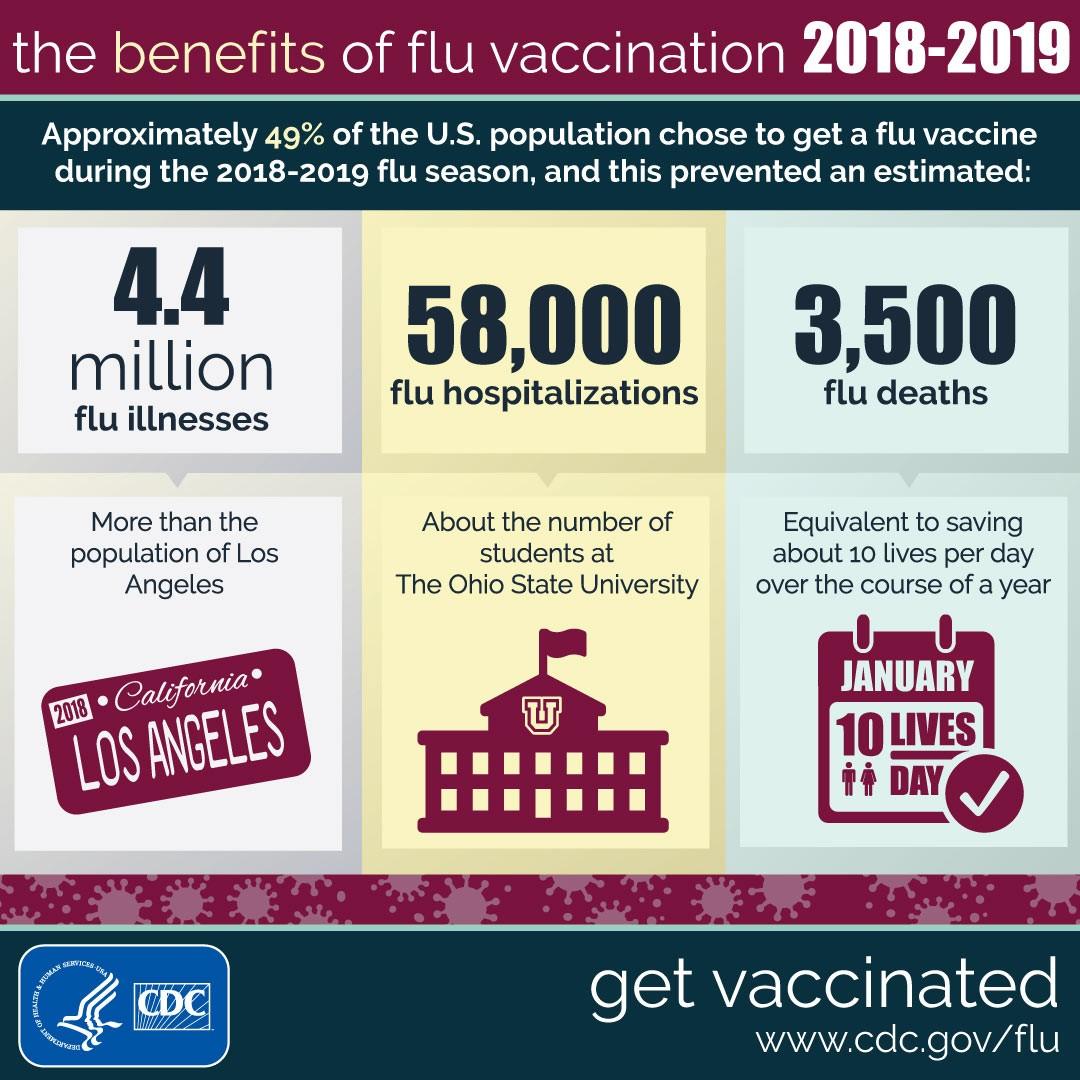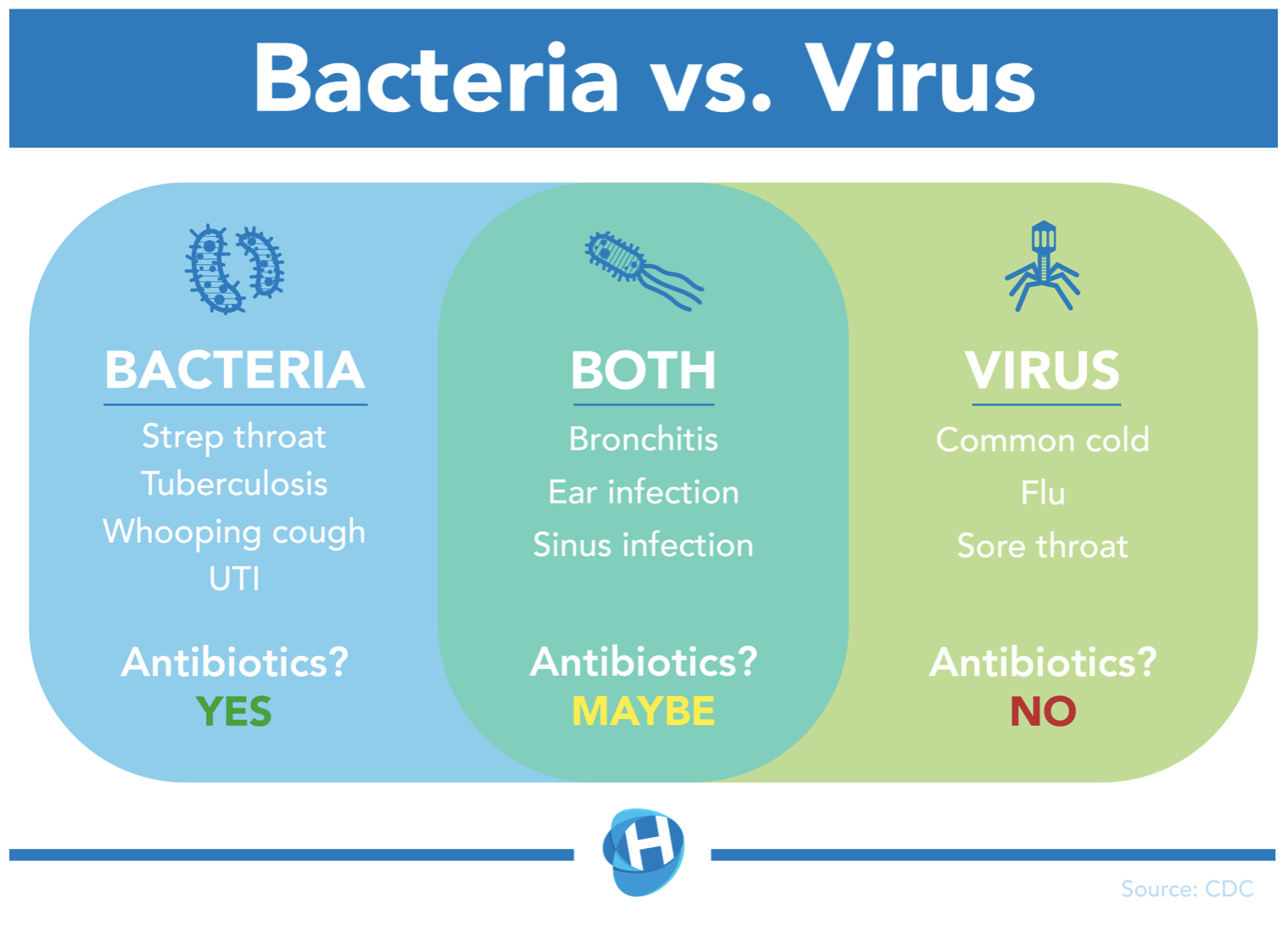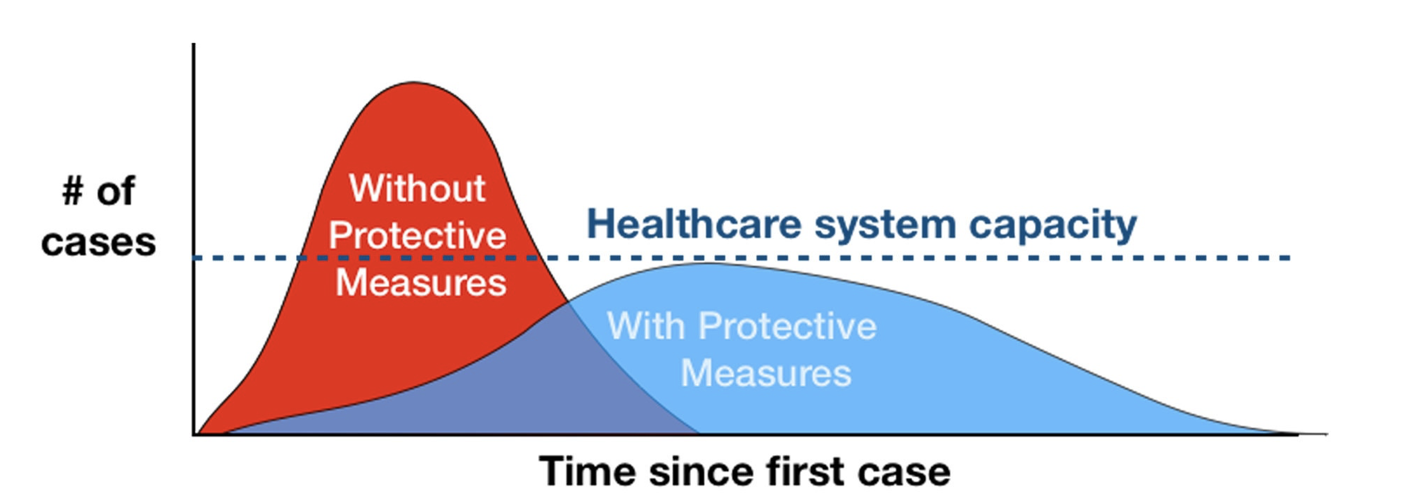Editor’s note: This article was updated on July 8, 2020 to reflect new guidelines from the Centers for Disease Control about the benefit of wearing masks and face coverings in public settings to help slow the spread of COVID-19.
As of March 16, there have been over 4,400 confirmed cases of the coronavirus in the United States, according to The New York Times. Here are 10 different pieces of fact and fiction about COVID-19, the disease caused by SARS-CoV-2, the novel strain of coronavirus.
1. Drinking hard liquor, such as vodka, can help treat a coronavirus infection.
FICTION After 44 people died in Iran from binge drinking in hopes of trying to cure the coronavirus, the World Health Organization issued a statement recommending people do not use alcohol consumption as a means to prevent the coronavirus. Put the bottle away, it’s never worth it.
2. Currently, you can get a vaccine against the SARS-CoV-2 strain.
FICTION To date, there is no vaccine against the novel coronavirus. However, experts across the nation are working on creating a coronavirus vaccine. There is and has been a flu vaccine out, so maybe it’s time to get on that.

Source: CDC
3. Drinking hot drinks, such as tea, raises your core body temperature, simulating a fever.
FICTION Drinking hot drinks won’t have too much of an effect on a human’s body temperature, which hovers around 98.6 degrees Fahrenheit. If drinking a hot beverage altered a human’s core temperature too much, we’d be in a lot of trouble to say the least. But next time you’re at Starbucks you can ask for a hot cup of pyrogens and see how the barista reacts.
RELATED: The attack of the worried well: Is the coronavirus the next pandemic?
4. Surgical masks, like the ones worn by healthcare professionals, should be worn by all people in the community setting.
FICTION According to the CDC, “a surgical N95 (also referred as a medical respirator) is recommended only for use by healthcare personnel (HCP) who need protection from both airborne and fluid hazards (e.g., splashes, sprays). These respirators are not used or needed outside of healthcare settings.” So, wearing a loop mask on your trip to the grocery store won’t be too helpful. In fact, the unnecessary use of masks can contribute to a shortage of them in healthcare settings, where they are absolutely essential.
UPDATE: FACT On June 28, the CDC said that “people [should] wear cloth face coverings in public settings and when around people who don’t live in your household, especially when other social distancing measures are difficult to maintain” because they “may help prevent people who have COVID-19 from spreading the virus to others.” Mask up!
5. Household pets are typically not vectors of the coronavirus.
FACT The World Health Organization stated, “While there has been one instance of a dog being infected in Hong Kong, to date, there is no evidence that a dog, cat or any pet can transmit COVID-19. COVID-19 is mainly spread through droplets produced when an infected person coughs, sneezes, or speaks.” So your furry friend is not going to infect you. Keep them close in times like these.
UPDATE: On June 22, the CDC maintained that “there is no evidence that animals play a significant role in spreading the virus that causes COVID-19.”
6. COVID-19 can be transmitted through mosquito bites.
FICTION The novel coronavirus isn’t malaria. Don’t be mistaken. The SARS-CoV-2 virus is spread through respiratory droplets which can be transmitted through fluids or breathing, when a person coughs or sneezes, for example, according to the CDC. Nice try, mosquitoes.
7. People of all ages can become infected with the coronavirus.
FACT People of all ages are at risk of getting COVID-19; however, similar to most other infections, older people — the portion of our population typically with the weakest immune systems — are more susceptible to dying after being infected with the coronavirus. However, college students are still at risk of being infected, and even dying, from the coronavirus, just at marginally lower odds.

Source: Vox.com
8. Antibiotics are absolutely essential for treating a coronavirus infection.
FICTION Antibiotics are used to treat bacterial infections, such as strep throat. However, antibiotics are rendered useless for treatment against viral infections, such as the novel coronavirus or the flu. Bottom line: Don’t take antibiotics in hopes of treating COVID-19.

Source: CDC
9. Drinking fluids and getting proper amounts of sleep are two ways to maintain a robust immune system.
FACT Drinking a healthy amount of water — experts typically say 1.5 to 2 liters a day is sufficient for most people — and getting proper amounts of sleep — experts typically say seven to nine hours per night for adults — are absolutely essential to maintain a robust immune system. Don’t skimp on hydration or sleep. It’s never worth it. In fact, hydration and sleep are two efficient aids to recovery on the off chance you happen to become infected with the coronavirus.
RELATED: Online classes: a protective measure to flatten the curve
10. Social distancing is an effective means of slowing down the spread of the coronavirus.
FACT Maintaining a proper distance from other humans, which according to experts is roughly six feet, and cancelling large gatherings are two measures that can drastically reduce the spread of a disease. So that social event you’re contemplating going to probably just isn’t worth it right now.

Source: CDC/The New York Times
Follow Amit Syal on Twitter









